The Humanitarian Podcast: First episode focuses on safe access to health care in Pakistan
… the need for and the work and impact of the Health Care in Danger (HCiD) initiative of the International …
… the need for and the work and impact of the Health Care in Danger (HCiD) initiative of the International …
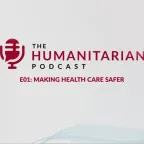
… military practice that better protects health-care workers and patients in armed conflict and … , is part of the ICRC-led "Health Care in Danger" project, which aims to address violence …
… that have passed since then, attacks on health-care personnel, facilities and vehicles have … Cross Red Crescent Movement's Health Care in Danger initiative, we believe that there are …
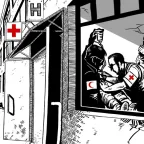
… This Health Care in Danger report compiles a complete set of … impact of such operations on the delivery of health care in armed conflict. The report is …
… The safety and protection of health care workers and health care infrastructure is … for this. Declaration by Health Care in Danger community on violence against health …
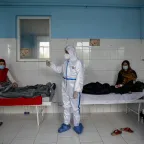
… law applies to armed conflicts, protecting health facilities, patients, medical staff and … hospital staff about ensuring respect for health workers and facilities. The staff … with messages about protecting health care services and personnel so that those …
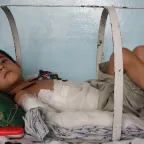
… Violence against the sick, the wounded, health-care personnel, health facilities and medical … For more information on the Health Care in Danger project, please visit the Health Care in …
… Health-care workers, now more than ever, have a right … threat of violence and harassment against health-care workers, causing significant stress … the framework of the ICRC's Health Care in Danger (HCiD) initiative, the training …
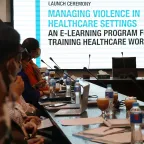
… The project, which was initiated by the Health Care in Danger project, began in April 2017. South …
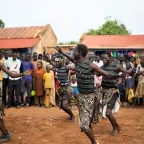
… organizations, speak out in support of the Health Care in Danger initiative. We forcefully renew our call …

Try one of the following resources:
Created in 1863, the ICRC library, alongside the ICRC archives, provides an indispensable documentary reference on the organization itself and international humanitarian law.
International humanitarian law is based on a number of treaties, in particular the Geneva Conventions of 1949 and their Additional Protocols, and a series of other instruments.
Customary international humanitarian law consists of rules that come from "a general practice accepted as law" and that exist independent of treaty law.